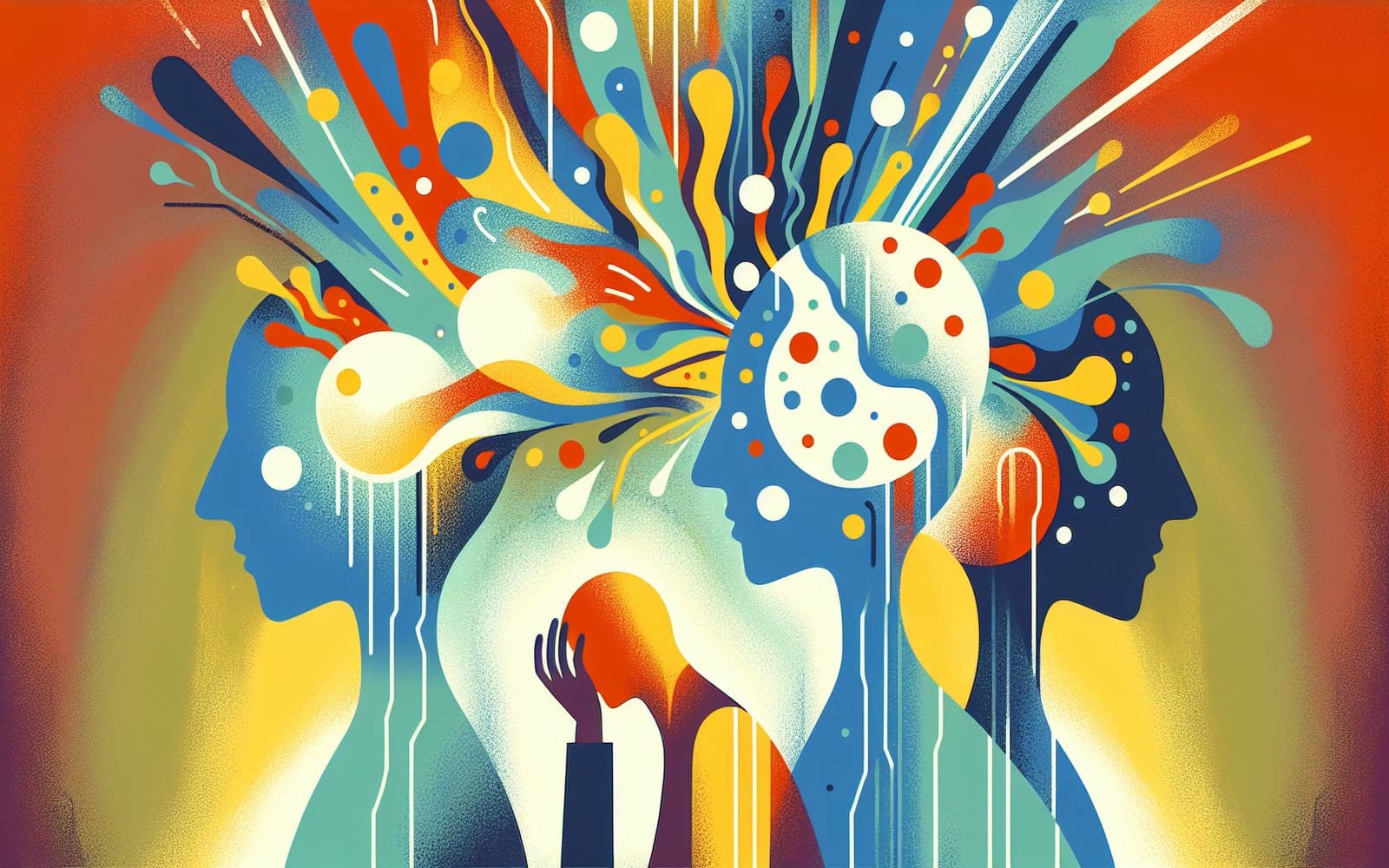Migraine Madness: What's Really Going On in Your Head?
Published: Jun 16, 2024
Migraine is more than just a headache - it's a complex neurological condition that can wreak havoc on your daily life. Let's dive into what's really happening during a migraine attack.
Contents
The Migraine Rollercoaster
A migraine attack typically progresses through several phases. It often starts with subtle warning signs called the prodrome, which can include mood changes, food cravings, or neck stiffness. This may be followed by aura symptoms like visual disturbances. Then comes the headache phase with its throbbing pain, nausea, and sensitivity to light and sound. Finally, there's the postdrome or 'migraine hangover' where you may feel drained and foggy.
What Triggers the Storm?
Migraines can be set off by various triggers, which differ from person to person. Common culprits include stress, certain foods or drinks, changes in sleep patterns, hormonal fluctuations, and environmental factors like bright lights or strong smells. Keeping a migraine diary can help you identify your personal triggers.

The Migraine Brain
Research suggests that people with migraine have hypersensitive brains that overreact to certain stimuli. During an attack, there are changes in brain chemicals and blood flow. One key player is a protein called CGRP, which is released during migraine attacks and contributes to pain and inflammation.
Frequently Asked Questions
No, it's a complex neurological condition with various symptoms.
They affect about 12% of the population.
There's no cure, but they can be effectively managed.
There's often a genetic component to migraine susceptibility.
Key Takeaways
Understanding migraine as a complex neurological condition is crucial for effective management and treatment.
Ready to take control of your migraines? Chat with Doctronic to develop a personalized management plan.Related Articles
References
Silberstein SD. Practice parameter: evidence-based guidelines for migraine headache (an evidence-based review): report of the Quality Standards Subcommittee of the American Academy of Neurology. Neurology 2000; 55:754.
Ashina M, Buse DC, Ashina H, et al. Migraine: integrated approaches to clinical management and emerging treatments. Lancet 2021; 397:1505.
Always discuss health information with your healthcare provider.

